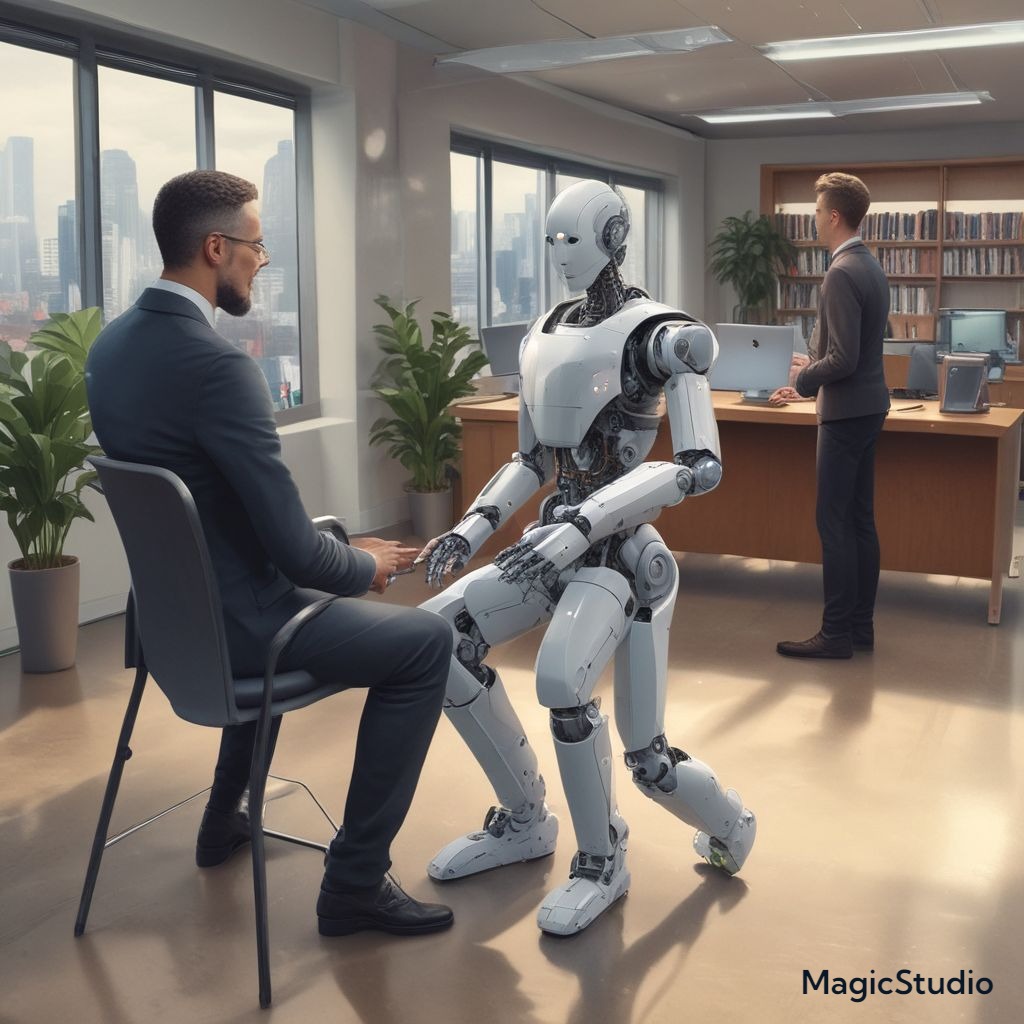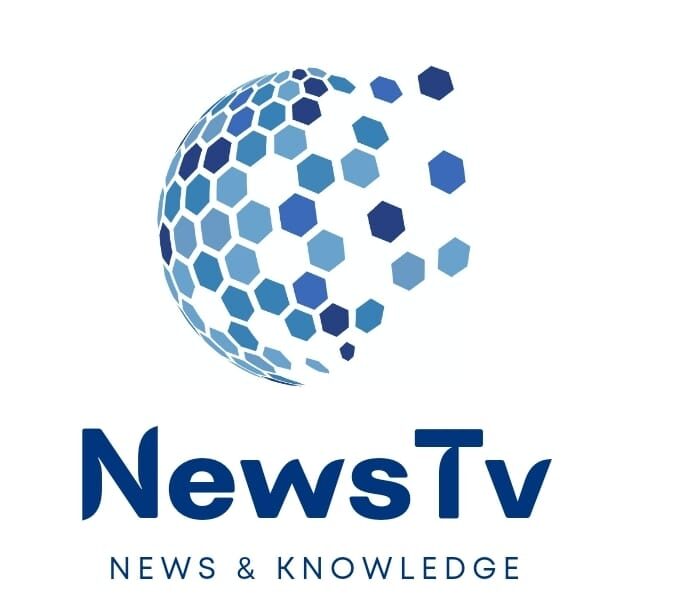
As technology advances at an unprecedented pace, the concepts of Artificial Intelligence (AI), Superintelligence (SI), and Organizational Intelligence (OI) are gaining prominence. Each represents a distinct facet of intelligence—mechanical, hypothetical, and human-centric—offering unique insights into how we interact with technology and manage organizational dynamics. Understanding these forms of intelligence and their social impacts can shed light on the evolving landscape of our digital and organizational worlds.
Artificial Intelligence (AI): Transforming Daily Life
Defining AI:
Artificial Intelligence encompasses a range of technologies designed to simulate human cognitive functions, From machine learning algorithms that power recommendation systems to natural language processing in virtual assistants, AI systems are crafted to perform tasks that traditionally required human intelligence.

Social Impacts:
AI’s integration into daily life is both profound and multifaceted. On the positive side, AI enhances efficiency and convenience—automated systems streamline workflows, and AI-driven diagnostics improve healthcare outcomes. Additionally, AI enables personalized experiences, from tailored marketing to individualized learning tools. However, the rise of AI also brings challenges, including concerns over job displacement due to automation, data privacy issues, and ethical dilemmas surrounding algorithmic decision-making. The demand for new skills and continuous learning is reshaping the job market and necessitating a shift in educational focus.
Superintelligence (SI): Theoretical Horizons
Defining SI:
Superintelligence refers to a hypothetical form of AI that surpasses human intelligence across all domains—cognitive, emotional, and social. Unlike AI, which currently excels in specific tasks, SI represents a future state where machines could potentially outperform the best human minds in every aspect.
Social Impacts:
While SI remains a theoretical concept, its potential implications are the subject of significant debate. If realized, SI could revolutionize problem-solving capabilities, potentially offering solutions to complex global challenges such as climate change or disease. However, the emergence of SI also raises profound ethical and existential concerns. The risks of losing control over such powerful entities, the potential for unequal access to SI benefits, and the disruption of societal structures are critical issues that require proactive governance and ethical frameworks. The prospect of SI highlights the need for robust discussions about the values and controls guiding the development of advanced AI technologies.

Organizational Intelligence (OI): Enhancing Human Capacity
Defining OI:
Organizational Intelligence refers to an organization’s ability to leverage collective knowledge, strategic decision-making, and adaptive processes to achieve goals. It encompasses practices such as knowledge management, collaborative workflows, and strategic foresight, emphasizing human-centered strategies over technological prowess.
Social Impacts:
OI plays a crucial role in shaping effective and adaptive organizations. By fostering a culture of continuous learning and strategic alignment, OI enhances organizational performance and employee engagement. It facilitates better decision-making, drives innovation, and improves overall efficiency. However, the emphasis on OI also underscores challenges related to organizational culture, leadership, and change management. Successful implementation of OI requires strong leadership and a commitment to creating environments where knowledge sharing and strategic thinking are prioritized.
AI vs. SI vs. OI:
AI and SI are often discussed in the context of technological advancements, with AI representing current capabilities and SI projecting future possibilities. AI’s impact is tangible and immediate, influencing various sectors and daily activities. In contrast, SI, though speculative, presents potential scenarios that could fundamentally alter societal structures and global dynamics. OI, while distinct from AI and SI, focuses on optimizing human-driven processes within organizations, playing a critical role in bridging technology and human capacity.
The intersection of these forms of intelligence reveals a complex landscape where technological advancements must be balanced with human-centered approaches. AI’s practical applications and SI’s theoretical possibilities highlight the need for careful consideration of the ethical and social implications of advanced technologies. Meanwhile, OI underscores the importance of enhancing human capabilities and organizational effectiveness in the face of technological change.
In conclusion, as AI, SI, and OI continue to evolve, their combined impacts will shape the future of work, society, and global interactions. Balancing technological innovation with ethical considerations and human-centric strategies will be crucial in navigating this transformative era, ensuring that advancements benefit society as a whole while addressing the challenges they present.



